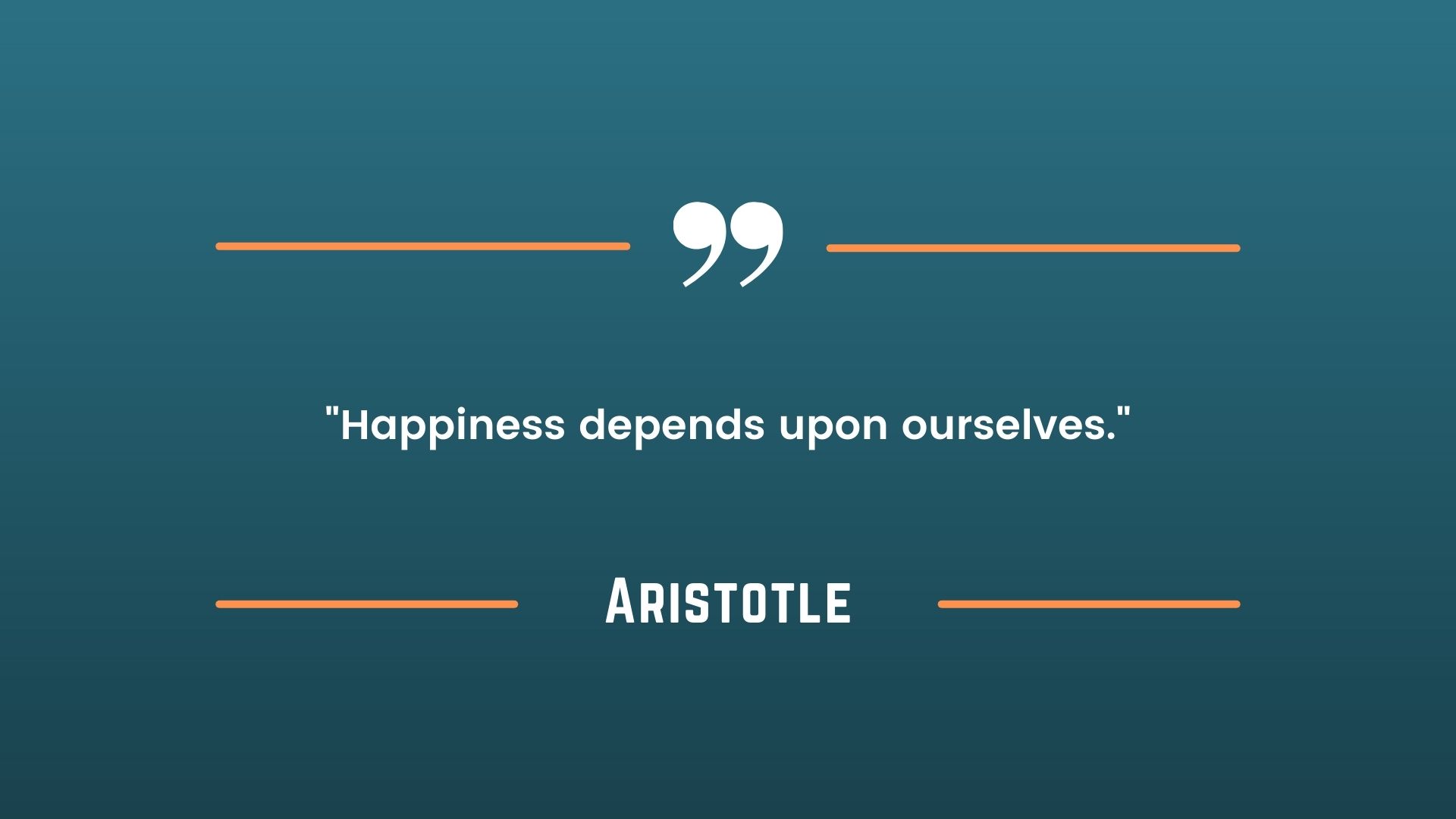“Educating the mind without educating the heart is no education at all.”
— Aristotle
Aristotle, one of the greatest philosophers of ancient Greece, believed that true education involves more than just intellectual development. The quote, “Educating the mind without educating the heart is no education at all,” encapsulates Aristotle’s essential philosophy on education. In this explanation, we will delve into the meaning behind this quote, exploring its implications on the importance of nurturing both the mind and the heart in the pursuit of a comprehensive and meaningful education.
I. The Significance of Educating the Mind: Education has long been associated with the cultivation of knowledge, the acquisition of skills, and the development of critical thinking. Educating the mind involves feeding it with information, fostering curiosity, and encouraging analytical reasoning. It lays the foundation for problem-solving, innovation, and the ability to grasp complex concepts. A well-educated mind is essential for personal and societal growth, as it equips individuals with the tools to succeed in various aspects of life.
II. The Role of Emotional Education: However, Aristotle’s quote emphasizes that intellectual knowledge alone is not sufficient for genuine education. Emotions play a fundamental role in human behavior, decision-making, and interpersonal relationships. Emotional education, or educating the heart, involves nurturing emotional intelligence, empathy, compassion, and self-awareness. This aspect of education enhances the ability to understand and manage emotions, which is crucial for maintaining healthy relationships and emotional well-being.
III. The Need for a Holistic Approach: To achieve a truly comprehensive education, both the mind and the heart must be cultivated in tandem. A balanced approach that integrates intellectual and emotional development fosters well-rounded individuals who can not only excel academically but also contribute positively to society. A holistic education nurtures critical thinking and emotional resilience, preparing individuals to face life’s challenges with empathy and understanding.
IV. The Importance of Virtue: Aristotle believed that education should aim not only to enhance one’s intellectual abilities but also to cultivate moral virtues. Virtues such as honesty, integrity, and kindness are essential for personal growth and building a just and harmonious society. Educating the heart involves instilling these virtues, enabling individuals to make ethical decisions and contribute positively to their communities.
V. The Interconnectedness of Mind and Heart: The quote highlights the interconnectedness of the mind and the heart. Intellectual growth can be enhanced by emotional well-being, as positive emotions can improve memory, focus, and overall cognitive function. Likewise, emotional intelligence benefits from a well-educated mind, as it provides a deeper understanding of complex issues and facilitates effective communication.
Conclusion:
Aristotle’s timeless wisdom reminds us that true education goes beyond the mere accumulation of knowledge. Educating the mind and the heart in harmony creates individuals who are not only intellectually capable but also emotionally intelligent and morally virtuous. A holistic approach to education is necessary to foster well-rounded individuals who can contribute meaningfully to society and lead fulfilling lives. By embracing both intellectual and emotional development, we can strive for a truly enlightened and compassionate world.




